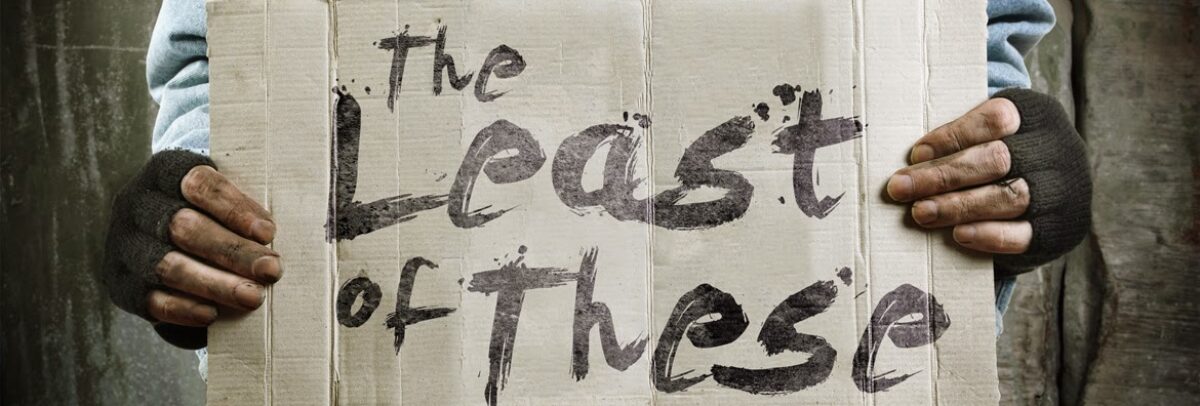
Most Christians are familiar with a refrain that echoes through our Christian prayers and songs, an antiphon of hope addressed to God: Grant that we may be one with all the saints in singing your praises! But we have an over-pious notion of what that would look like. We picture ourselves, one day, in heaven, in a choir with Mary, Jesus’ mother, with the great biblical figures of old, with the apostles and all the saints, singing praises to God, all the while feeling lucky to be there, given our moral and spiritual inferiority to these great spiritual figures. We picture ourselves spending eternity feeling grateful for having made a team whose talent level should have excluded us. Fr. Ron Rolheiser says this is nothing but a fantasy, pure and simple, mostly simple. What would it mean to be among the saints singing God’s praises? We are one with the saints in singing God’s praises when we are one with them in the way we live our lives, when, like them, our lives are transparent, honest, grounded in personal integrity, with no skeletons in our closet. Being one with the saints in singing God’s praises is less about singing songs in our churches than about living honest lives outside them. We are one with the saints in singing God’s praises when we radiate God’s wide compassion; We are one with the saints in singing God’s praises when we tend to widows, orphans, and strangers; We are one with the saints in singing God’s praises when we work for peace; We are one with the saints in singing God’s praises whenever we forgive each other; We are one with the saints in singing God’s praises when, like them, we give away our time, talents, and our very lives in self-sacrifice without counting the cost; We are one with the saints in singing God’s praises when we are one with them in prayer; We are one with the saints in singing God’s praises when we live in hope when we ground our vision and our energies in the promise of God and in the power that God revealed in the resurrection of Jesus; We are one with the saints in singing God’s praises only when we live our lives as they lived theirs.









